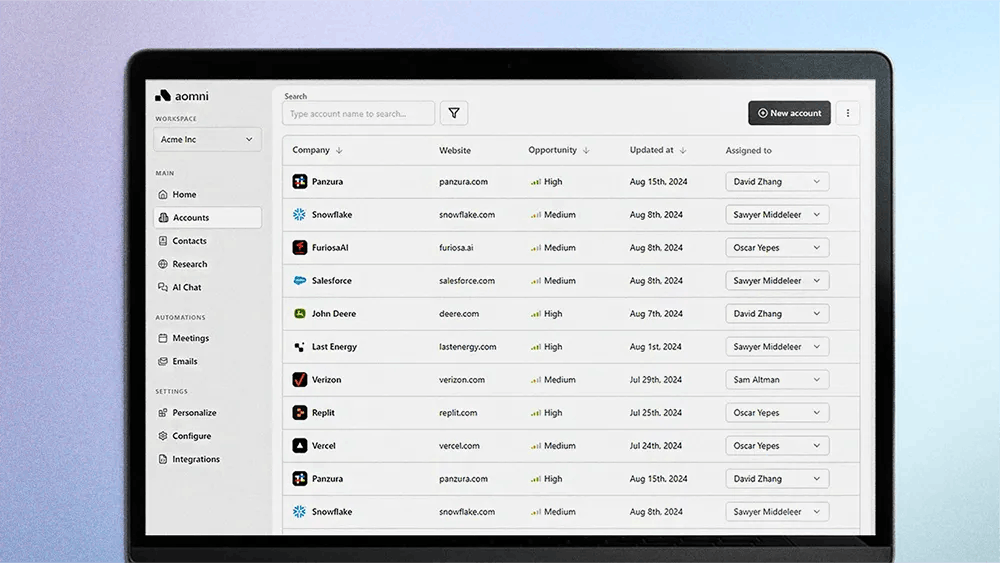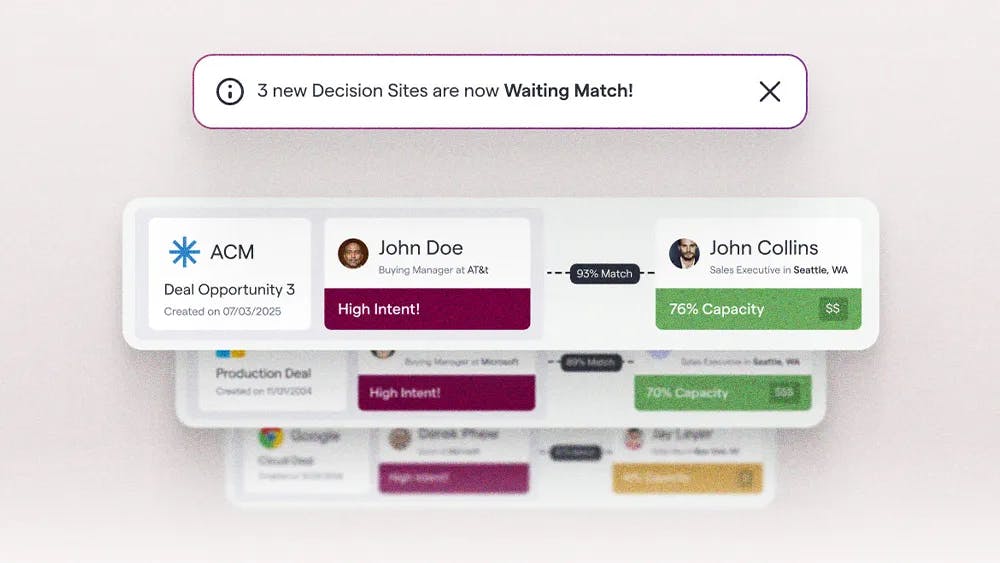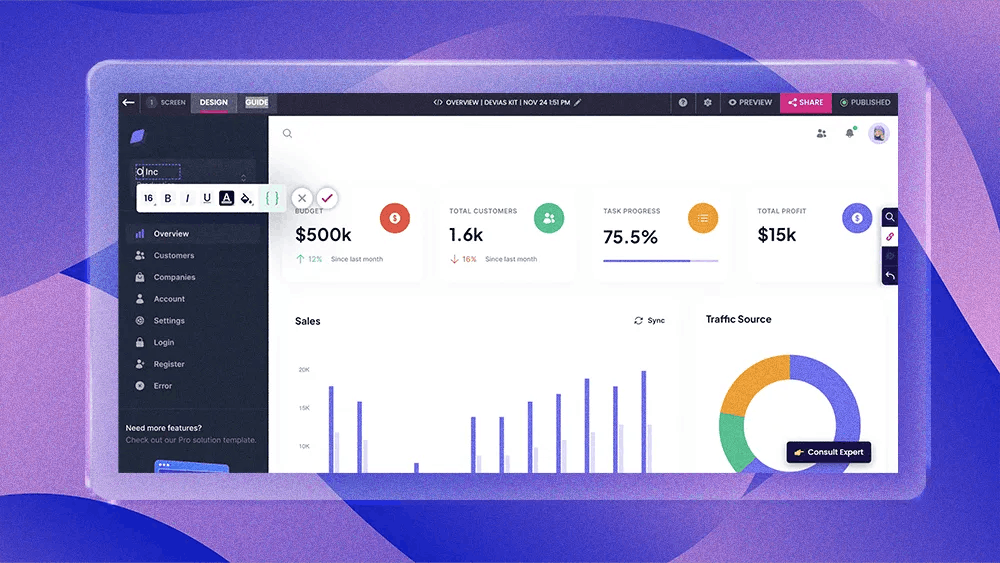If you overly burden your developers on your platform, when things get bad, they’re going to demand better value. The developers were not satisfied for the value that they were getting from Apple versus the costs.
In the wake of the Apple App Store ruling, App developers are seizing the moment and breaking away from platform gatekeepers, not just to dodge fees, but to take back control. It's a shift in power, and a rethink of who owns the customer relationship and creates the value.
Amin Bakht, Head of UA at Phoenix Games, sees a clear trend: developers are pushing back against platform constraints and rapidly diversifying how they monetize.
Developer discontent: "If you overly burden your developers on your platform, when things get bad, they're going to demand better value," Bakht says. In Apple's case, he argues, the cost simply didn't match the return: "The developers were not satisfied with the value that they were getting from Apple versus the costs."
Vive la résistance: "You can't get away with not providing value to your platform users. Eventually, they're going to fight back," Bakht says. He sees Apple's unwillingness to adjust as a self-defeating stance, one that has only accelerated the push for diversification.
"If Apple further goes and tries to fight this, then it just encourages developers to want to diversify," he explains, noting that many developers feel stuck in an unsustainable revenue share arrangement.
"That trend is not going to go away."
You can’t get away with not providing value to your platform users. Eventually they’re going to fight back.
A tale of two platforms: Google charges developers 15% on their first $1 million. Apple only applies a 15% rate for those whose total earnings are less than $1 million, bumping others back to 30%. "Google has been more accommodating and more nurturing of their platform developers compared to Apple," Bakht says.
That contrast has fueled developer frustration. "Before, you had no option—you had to be on Google or Apple," he explains. "But now, you can already see them trying to diversify because they've lost faith in the nurturing that was initially provided by Apple."
Mass exodus: As faith in platforms wanes, developers are turning to webshops to regain control—and revenue. Some studios, especially among the larger players, now attribute 25% to 30% of their earnings to these direct channels. Bakht expects this shift to accelerate as tools become cheaper and more accessible. "This is going to be huge for most developers, so they will slowly move there," he predicts. "And it's not just gaming—subscription-based apps are going to try to move to the web as well."





